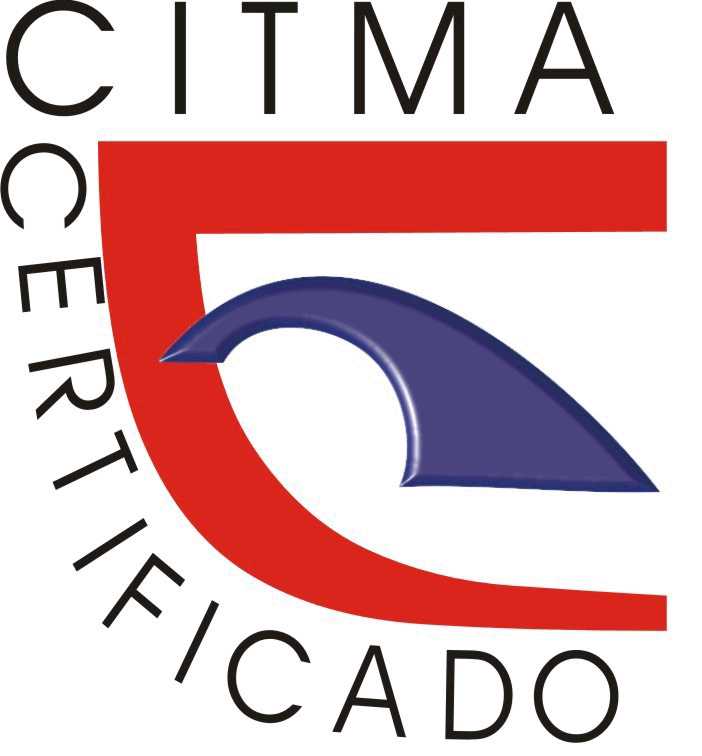TOWARD TO A TEMPLATE FOR SYNTACTIC SPECIFICATION OF FUNCTIONAL REQUIREMENTS FOR EMBEDDED SYSTEMS
Resumen
Natural language is an essential means of writing system requirements, among other reasons, because of its high expressiveness and flexibility. Despite its indisputable advantages, in requirements documentation in the natural language, it is common to find syntactic ambiguity, which occurs when more than one grammar rule represents a sentence. Templates are a proven means of writing well-structured functional requirements in natural language and mitigating some of the weaknesses of this language for technical writing. Different templates have been formulated to specification requirements for almost any type of system, thanks to a generic design. However, these templates have insufficiencies in their structure that make it difficult to formulate functional requirements for embedded systems. The objective of this paper is to propose a template for the syntactic specification of functional requirements of embedded systems using natural language. The proposed template took into account the study of four existing templates and the distinctive characteristics of embedded systems. The methods and techniques used are analytical-synthetic, documentary analysis, and modeling. The validation was carried out through the IADOV technique, resulting in a group satisfaction index of 0.81 on the proposed template.
Palabras clave
Texto completo:
PDF (English)Enlaces refback
- No hay ningún enlace refback.
_________________________________________________________________________________________________________
La Universidad de las Ciencias Informáticas (UCI), a través del sello editorial Ediciones Futuro, publica los contenidos de la Revista Cubana de Ciencias Informáticas (RCCI) bajo licencia Creative Commons de tipo Atribución 4.0 Internacional (CC BY 4.0). Esta licencia permite a otros distribuir, mezclar, ajustar y construir a partir de su obra, incluso con fines comerciales, siempre que le sea reconocida la autoría de la creación original. Saber más
_________________________________________________________________________________________________________
 | INDEXACIÓN | ||||||||
| | |